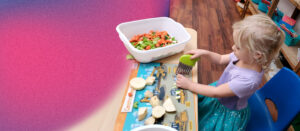In today’s competitive world, parents are constantly seeking the best educational methods to ensure their children’s future success. One such approach that has gained considerable attention is the Montessori method.
Developed by Dr. Maria Montessori over a century ago, this unique educational philosophy focuses on fostering independence, creativity, and critical thinking in children. But does the Montessori experience translate into long-term success?
Let’s delve into the evidence and explore whether Montessori children are truly set for a flourishing future.
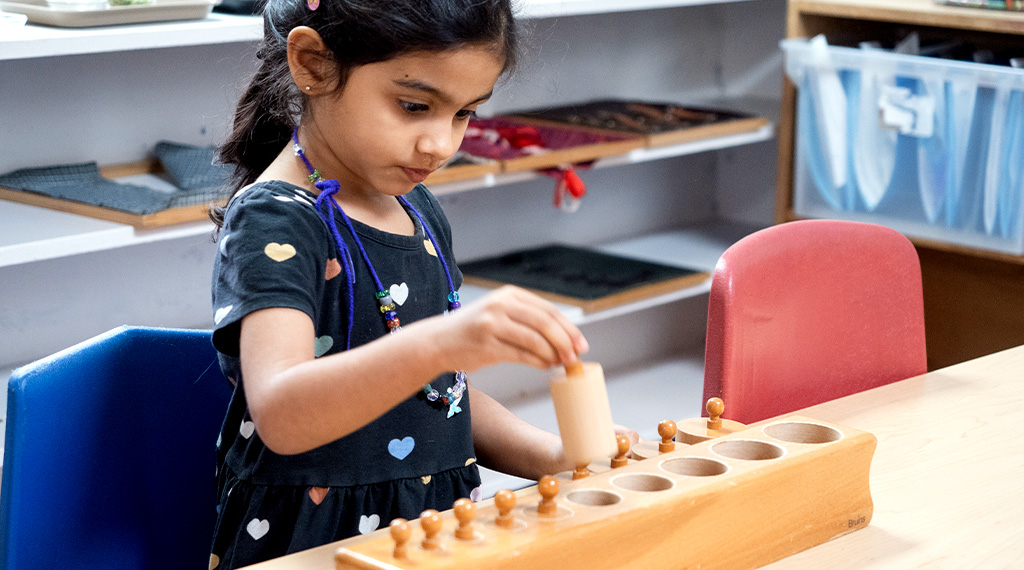
The Montessori Advantage
Montessori education centers around the belief that children are inherently curious and capable of self-directed learning. In Montessori classrooms, children have the freedom to choose their activities and work at their own pace, developing a sense of responsibility and self-discipline. They engage in hands-on learning experiences with specially designed materials that promote exploration and problem-solving skills. The Montessori environment also encourages collaboration, respect for others, and a deep sense of empathy.
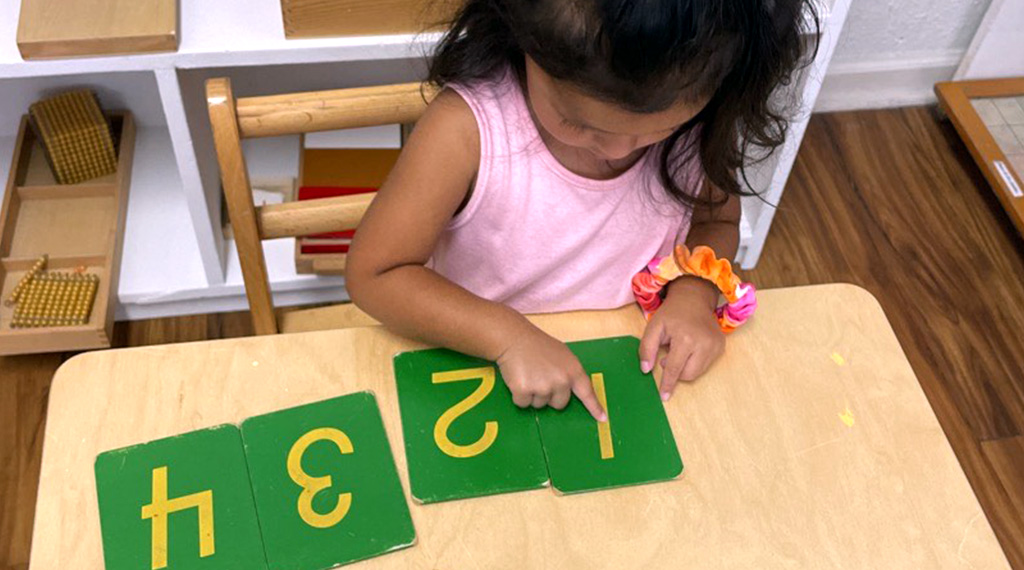
Academic Achievement
Numerous academic studies have extensively investigated the academic outcomes of children who have received a Montessori education. Notably, a comprehensive analysis conducted by Angeline Lillard and Nicole Else-Quest at the University of Virginia revealed compelling findings. The research demonstrated that Montessori students exhibited notably higher levels of academic achievement and outperformed their non-Montessori peers on standardized tests. Importantly, the study revealed that Montessori-educated children showcased enhanced executive function skills, including cognitive flexibility and self-regulation, which experts widely recognize as pivotal factors that contribute to academic success.
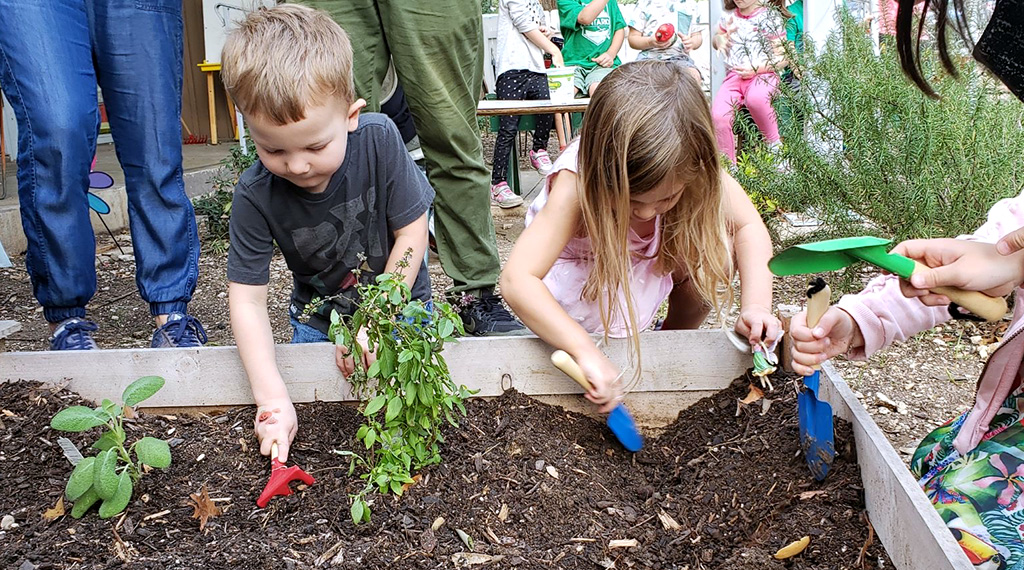
Life Skills and Personal Development
Success is not limited to academic prowess alone; it also encompasses the development of essential life skills. Montessori education excels in nurturing these skills, focusing on areas such as problem-solving, decision-making, adaptability, and communication. The freedom within the Montessori environment allows children to learn from their mistakes, fostering resilience and a growth mindset. Montessori children often display a strong sense of self-confidence, independence, and intrinsic motivation, attributes that prove invaluable in adulthood.
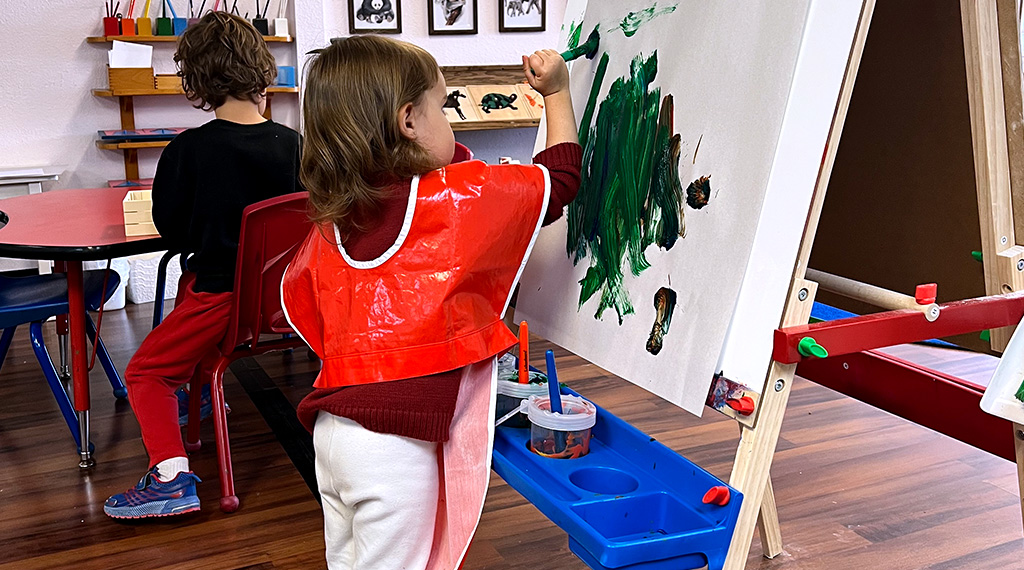
Creativity and Innovation
Creativity is the cornerstone of success in the modern world. Montessori classrooms encourage children to think outside the box, fostering a love for learning and exploration. The hands-on nature of the Montessori materials sparks imagination and creativity, paving the way for innovative thinking. Montessori-educated individuals are often known for their ability to approach problems from unique perspectives and find unconventional solutions.
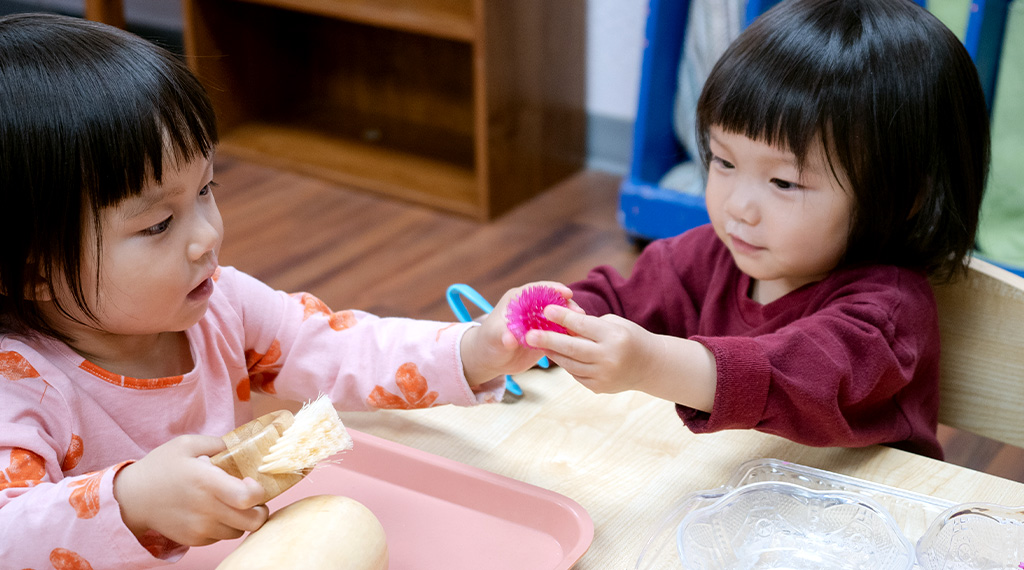
Social and Emotional Intelligence
In addition to academic and creative abilities, emotional intelligence is vital for success in personal and professional relationships. Montessori education emphasizes the development of social and emotional skills. Children learn to work collaboratively, resolve conflicts peacefully, and empathize with others. Research suggests that Montessori children tend to exhibit higher levels of social competence and prosocial behavior, establishing a solid foundation for positive relationships later in life.
The evidence overwhelmingly supports the notion that Montessori children are indeed set for a flourishing future. The holistic approach of Montessori education, focusing on academic achievement, life skills, creativity, and social-emotional development, provides a solid foundation for success in various aspects of life.
By empowering children to become self-motivated, confident, and empathetic individuals, Montessori education equips them with the tools they need to navigate the challenges and seize opportunities in an ever-evolving world.


